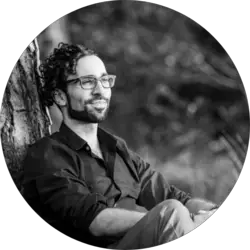![How To Deal With Sensory Overload [9 Tips For Overstimulation]](https://happyrubin.com/wp-content/uploads/2019/12/ik-ben-overprikkeld-150x150.jpg)
13 Best Reflection Methods [With Example Questions]
![13 Best Reflection Methods [With Example Questions]](https://happyrubin.com/wp-content/uploads/2017/07/leren-reflecteren.jpeg)
Are you looking for reflection methods? In this article you will find a lot of them! We will cover all unique methods, questions and exercises that can help you learn to reflect. Read along…
Contents of this page:
Why is reflecting a good thing?
Reflection comes at the end of every activity. You bring more quality to your meetings, exercises, tasks and personal development if you reflect afterwards. This act in itself is very helpful, and the fact that you do not discuss during but after the activity, helps you to be more in the here-and-now during your activity and thus bring even more quality to your tasks. In this article you will learn to reflect.
When do you reflect?
You should prefer to reflect after every task, meeting, workshop, lesson, performance or exercise , so that you keep growing . In addition to reflecting on individual exercises, you also do this for an entire meeting. Finally, you reflect on the performance of the given homework. Then it is important that when the group comes together again, there is a reflection on the homework.
By the way, reflection is not always necessary in groups. You can also do it individually. In that case you can see the methods of this article as a self-reflection questionnaire.
Now let’s move on to all the methods of reflection …
Method 1 – Answer the following questions for reflection
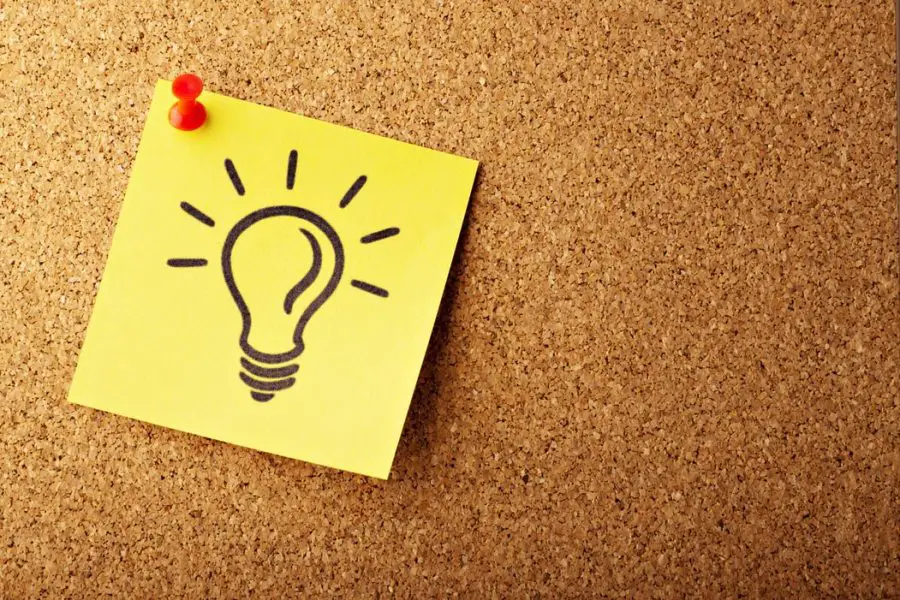
We start with a variation on the coach model as a powerful input for a good reflection method:
Start generally
- How did it go? How did you like it?
- Exchange experiences.
Take a look at the intention you had set before the activity
- Look back at the intention you set at the beginning of the training. What expectations did you have and what goals did you set?
- What kinds of differences do you notice? Have you achieved what you hoped to achieve? Reflection on your own skills: compare your performance before the training and at the end of the entire training.
- What happened in the lessons? What do you want to remember about your learning experience, in the classroom, with the other participants and in your life as a whole?
- Think back to when you decided to participate. What kind of expectations did you have? What were you hoping for? What do you take with you from the program, if you have brought anything with you at all? What sacrifices have you made? What were the costs for you? What obstacles have you encountered, if any, and what have you learned about yourself while dealing with these obstacles? In case you are motivated to continue practicing, how do you continue practicing when this program is over?
Discover the learning effect
- What have I learned or perceived about myself doing the exercises? What have I discovered (about my own behavioral patterns)?
- What changes and advancements have I noticed in myself?
- What did this exercise give me?
- Learning efficiency: what am I learning, if I am learning anything at all?
- What am I most proud of? And what smaller, less obvious things are you proud of?
- What have I achieved that surprised me?
- What steps have you taken towards your bigger goals, what you can acknowledge about yourself?
- What can I do to recognize and celebrate these successes?
- Generalization: what am I going to apply in practice? How?
- You will find more questions about learning efficiency in this article with coaching questions.
Discover the obstacles
- With homework: how well did you manage to make time for it?
- What did you encounter during the homework or the course? What are the problems and obstacles I have encountered?
- What did I still find difficult (challenging) from the taught material? What did I find easy? What made that happen?
Discover how to overcome the obstacles
- How did I deal with that?
- What other techniques or skills do I want to practice?
- What questions do you still have?
Focus on engagement
- How involved am I in the program?
- If I found it difficult so far, am I willing to commit myself again for the second half of the workout? This is an invitation to practice and to see each moment as a new beginning, a fresh opportunity to be fully engaged, fully alive.
The coach model in brief
You can also simplify the coach model down to the four core questions:
- Where are you now?
- Where do you want to be?
- What stops you?
- What can help you?
Method 2 – Affective reflection

Have everyone rate themselves as to how they feel, plus an explanation. For example: peaceful, happy, frustrated, elated, very cheerful, excited, a little nervous (this can also be done at the beginning, at the attendance list).
Method 3 – The 3-step reflection
For some things you just need three simple steps. This also applies to reflection. Use the three reflection questions below:
- What went well?
- What could be improved?
- What am I going to do differently from now on?
Method 4 – Reflect through the observational positions
Describe the situation from the three observational positions:
- The first position (associated from your own experience)
- The second position (associated from other people’s experience)
- The third position (dissociated from a neutral meta position)
Method 5 – A free reflection method

Everyone is in a circle, and when someone wants to, they can utter a sentence in which, for example, they express their gratitude, reflect, say what went well or just say something that is on their mind. You may take turns randomly. This can possibly be heralded with a moment of silence, meditation and / or music.
A simple, more stripped-down version of this method is to have everyone say one word that sums up the training day or block.
Method 6 – Another fun reflection method: the hand
Also, “The Hand” a very nice reflection method in which each finger is a symbol of a reflective question. Click on the corresponding link for a separate article explaining this reflection technique.
Method 7 – Reflection on the basis of assignments / presentations
- Assignment: Find something that you can take with you and show or let the group hear, that is a metaphor for you for what the learned material means to you.
- Assignment: Present what is the common thread for you in your learning process with regard to the training you have followed. Provide illustrative examples and involve your learning experiences in carrying out all assignments in the training.
- Assignment: Make a statement about the material, so that we can all consult about it.
- Assignment: Your vision on two principles of the methodology / lessons you have just learned.
- Assignment: Generalize to the future: how are you going to use the material of the training in your life / profession?
Method 8 – Also use the reflection questions in the article on coaching questions
Look in the article about coaching questions at the section: ‘Ask what the client has learned after a certain part (with a presupposition)’
Method 9 – Finally, set a goal for the next time
Based on their reflection, the participants can set a concrete goal for the next time. Use the step-by-step plan for setting goals.
Method 10 – An interim reflection during a training period
- Where am I now in relation to my formulated objective for this training?
- In essence, what is the feedback I have received so far?
- How could I adjust or formulate my objective now?
- Go through the logical levels related to yourself at this point in the training.
- Which actions can I take immediately and concretely, and when can I start with that?
Method 11 – Evaluation of the training itself
- Invite everyone to give their opinion (in writing and / or orally) about the training and the trainers.
- What did you think was the worst part of the session?
- What do you think is the best part of the session?
Method 12 – Reflection on the basis of the structure of the subjective experience
The questions of the structure of subjective experience are somewhere in the middle of this coaching question article – and they are below. Determine a successful or less successful experience in your life and answer the following questions:
- What happened?
- What did you do?
- How did you do that?
- Who were there?
- How did you do that?
- What did you think during that?
- How did you feel?
- What values did you pay attention to in this situation? In other words, what made it important to you?
- How do you view yourself in this situation?
- How was your attitude?
Method 13 – Zoom out for a moment and reflect on the bigger picture: your life

It’s also nice to zoom out and see if what you’re doing contributes to your ideal life.
- Do you currently have goals that concern you? What is your dream? What does my best life look like for me? If necessary, include the goal you had set a long time ago. Are you on track? Adjust your goal if necessary.
- What would you like to achieve in your life?
- Do you know what you want to get out of your life?
- What is my passion? What makes me happy? What are you obsessive about?
- What are the 3 most important things in your life?
- What can or am I contributing to the greater whole? In other words: what is my life mission? Why am I here on Earth? It is always important to include the lower logical levels in these questions : what can I actually change about my behavior to support that mission? If I do other things that do not contribute to my mission, then I have to ask myself: do I still want to do those things?
- How big is my effect at the moment and how big can my effect be?
- Where am I now?
- Am I actually working towards my ideal life / goal / dream?
- What milestones and successes have I achieved recently?
- What (10) things from the past period (year) am I proud of?
- What are the learning points of the past period (year)?
- What is a recent successful experience?
- What great things will happen this year?
- What does not belong within that framework of my most beautiful life, which is still part of my daily existence? For example, in the things you do or think you should do, ask yourself: why are you doing them?
- Why did you spend your time today the way you did? What should you not have or should you have done?
- Why am I not happy? What would make me happy?
- What activities in my life should I eliminate because they don’t make me happy / because they don’t lead to my goals?
- What is on your agenda for the next three months that makes you think: actually I don’t feel like it. Why do you think?
- Why do you do what you do?
- Have I delivered the best quality with my services or are there aspects that could be improved?
- Have I accomplished less by procrastinating, and if so, to what extent?
- Has my personality improved and, if so, how?
- Did I continue to implement and complete my plans?
- Have I been acting selfish?
- How much time have I spent on unprofitable work?
- How can I better manage my time and adjust my habits?
- Have I been guilty of behavior that I cannot morally support?
- Have I been dishonest?
- What are you grateful for – and what are you not at all grateful for?
- Look at your areas of life through The Wheel of Life and reflect on that.
- Have a Mastermind session with other people. Click here for all related questions.
After reflection comes … action! Set a new intention and get moving
Set a new intention so that you can experience new things. Then next time you actually have nice input to be able to reflect.
These were the best reflection methods and reflective questions. Do you have additions and other good and creative ways to reflect? Let them know in the comments!
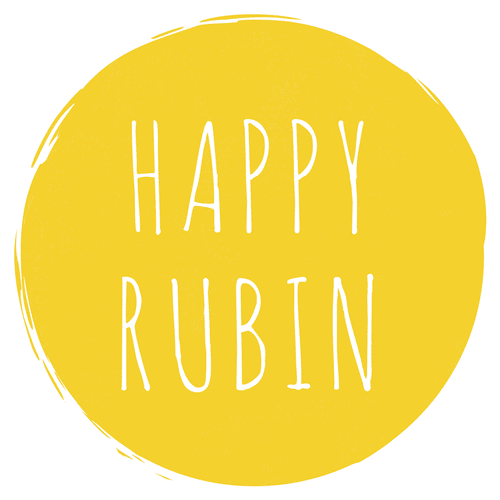
![5 Best Self Care Tips For College Students [#1 Advice]](https://happyrubin.com/wp-content/uploads/2021/09/the-best-self-care-tips-for-college-students-440x264.jpg)
![How To Stick To New Year’s Resolutions: 9 Tips [Smart & Sure Ways]](https://happyrubin.com/wp-content/uploads/2019/12/tips-voor-goede-voornemens-440x264.jpg)
![How To Stop Being So Hard On Yourself [9 Great Tips]](https://happyrubin.com/wp-content/uploads/2019/12/we-moeten-zoveel-van-onszelf-en-anderen-150x150.jpg)

![19 Best Ice Breaker & Get-To-Know-Eachother Games [Fun & Simple]](https://happyrubin.com/wp-content/uploads/2018/02/leukste-ijsbrekers.jpeg)
![Becoming More Social: 41 Tips [Improving Social Skills] [List]](https://happyrubin.com/wp-content/uploads/2018/06/sociale-vaardigheden1.jpeg)
![How to start a conversation with anyone: 15 tips [Making contact]](https://happyrubin.com/wp-content/uploads/2017/08/gesprekstechnieken1.jpeg)
![372 Friend Tag Q&A Questions [Best Friend Quiz]](https://happyrubin.com/wp-content/uploads/2019/05/best-friend-tag-vragen-voorbeelden.jpg)



![Clingy & controlling behavior of partner/date [Extreme examples]](https://happyrubin.com/wp-content/uploads/2020/06/claimerig-gedrag-van-partner-eigenschappen-en-voorbeelden-150x150.jpg)

![How to recognize if a man is in love [Signals & his body language]](https://happyrubin.com/wp-content/uploads/2020/05/verliefd-gedrag-van-mannen-herkennen-150x150.jpg)


![Free will and religion / theology [Verses & Quotes on free will]](https://happyrubin.com/wp-content/uploads/2020/10/religion-on-free-will-quotes-1050x640-1-150x150.jpg)
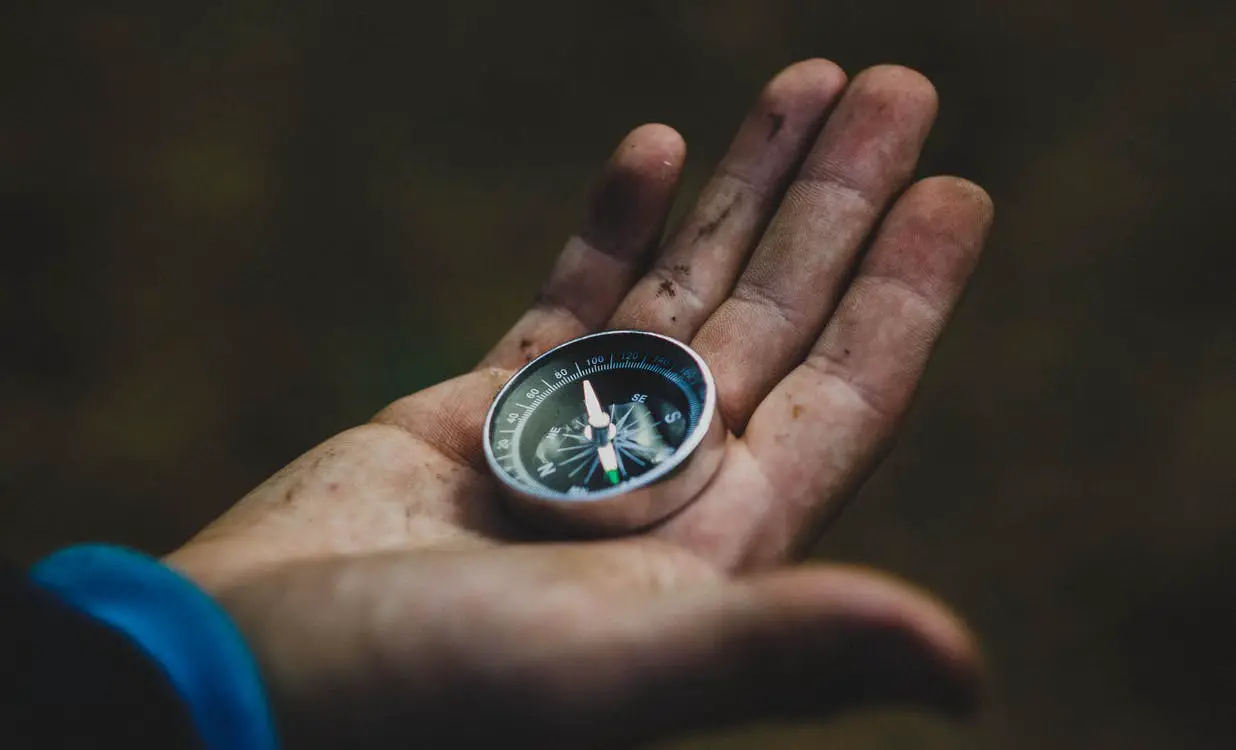
![Dealing With Setbacks & Hardship [Lessons & Examples]](https://happyrubin.com/wp-content/uploads/2018/11/omgaan-met-tegenslag-tips-hoe-dan.jpeg)
![NLP Agreement Frame: Use these exact sentences [Examples]](https://happyrubin.com/wp-content/uploads/2020/10/agreement-frame-nlp-1125x640-1-440x264.jpeg)
![122 Best Comebacks In Any Situation [Best Examples]](https://happyrubin.com/wp-content/uploads/2020/06/beste-comebacks-technieken-tips-440x264.jpg)
![Using Hypnosis to Stop Smoking [HowTo]](https://happyrubin.com/wp-content/uploads/2020/05/stoppen-met-roken-door-hypnose-150x150.jpg)
![Presuppositions language pattern: meaning & examples [NLP]](https://happyrubin.com/wp-content/uploads/2020/04/wat-zijn-vooronderstellingen-150x150.jpg)
![Peripheral Vision: Meaning & Exercise [Essential Skill]](https://happyrubin.com/wp-content/uploads/2020/04/perifeer-zicht-trainen-tips-150x150.jpg)
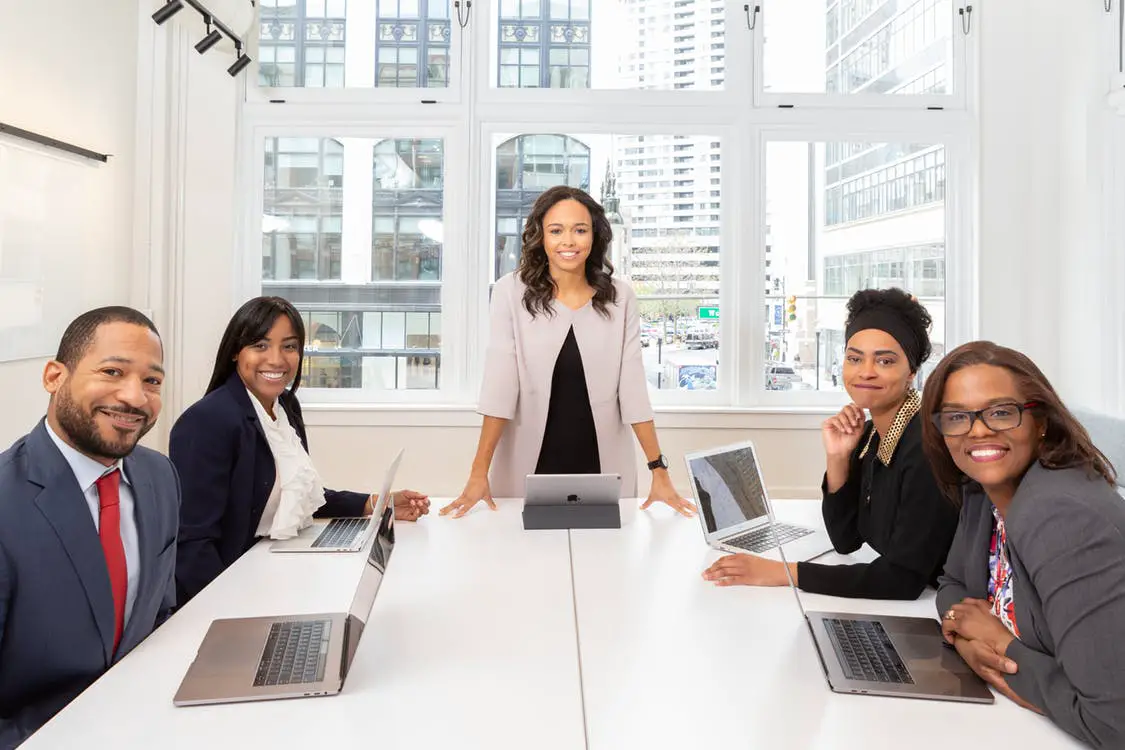
![How To Start A Coaching Business [21 Smart Tips]](https://happyrubin.com/wp-content/uploads/2018/11/coachingpraktijk-starten-tips.jpeg)
![How to make dreams come true? [33 tips to realize dreams 100%]](https://happyrubin.com/wp-content/uploads/2018/05/dromen-mijlpalen.jpeg)
![How To Become Rich? 27 Millionaire Tips [Guaranteed To Work]](https://happyrubin.com/wp-content/uploads/2018/01/hoe-kan-ik-rijk-worden.jpeg)
![77 Best Online Marketing Tools [Recommendations] [Also Free]](https://happyrubin.com/wp-content/uploads/2018/08/beste-onlne-marketing-tools-tips.jpeg)
![Complete List Of Virtues & Qualities [Including Explanation]](https://happyrubin.com/wp-content/uploads/2018/12/kernkwaliteiten-uitleg.jpeg)
![Being Attentive: How Do You Do That? [Meaning & 9 Tips]](https://happyrubin.com/wp-content/uploads/2019/05/attent-zijn.jpg)
![Being Conscientious: Meaning Of This Virtue [Explained]](https://happyrubin.com/wp-content/uploads/2018/07/Consciëntieus-persoon.jpg)
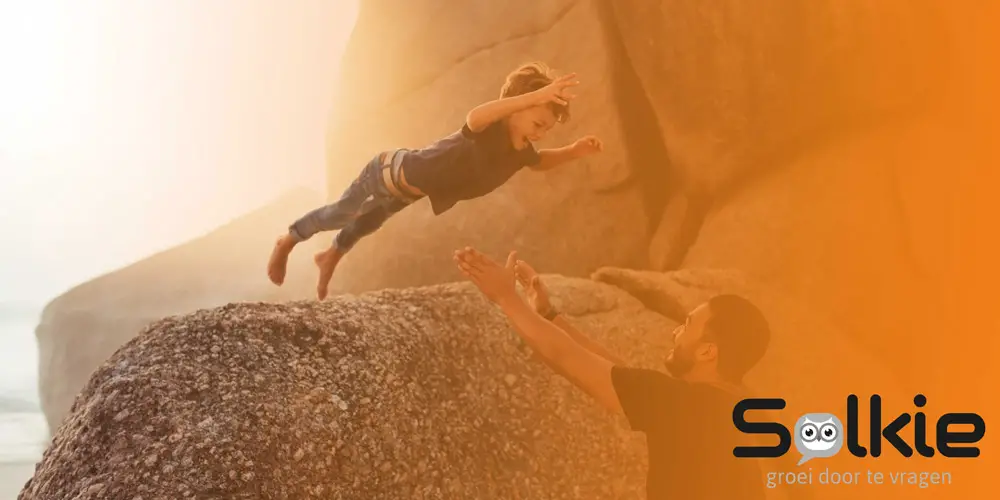

![Best Books About Burn-Out [Top 10] [Update 2025]](https://happyrubin.com/wp-content/uploads/2020/06/beste-boeken-over-burnout-lijst-440x264.jpg)
![Best Self-love Books [Top 10] [Update 2025]](https://happyrubin.com/wp-content/uploads/2020/04/beste-boeken-over-zelfliefde-aanraders-440x264.jpg)
![Life changing books: 10 books that change your life [2025 Update]](https://happyrubin.com/wp-content/uploads/2020/03/levensveranderende-boeken-tips-150x150.jpg)
![Top 10 Best Books: Recommendations Per Genre [2025 Update]](https://happyrubin.com/wp-content/uploads/2019/12/best-books-per-genre-150x150.png)
![Best Books On procrastination: Must Reads [List] [2025 Update]](https://happyrubin.com/wp-content/uploads/2019/11/beste-boeken-over-uitstelgedrag-tips-150x150.jpg)
![Joe Dispenza: Events To Attend [2025 & 2026] [All Info]](https://happyrubin.com/wp-content/uploads/2020/02/joe-dispenxa-events-440x264.png)
![Best Online Study Options [Online Education Top List]](https://happyrubin.com/wp-content/uploads/2019/03/best-home-study-options-440x264.png)
![Teachable Review & Experiences 2025 [Bad Online Training Tool?]](https://happyrubin.com/wp-content/uploads/2020/02/Teachable-review-ervaringen-150x150.png)
![Audible Review, Experiences & Special Discount [Scam?]](https://happyrubin.com/wp-content/uploads/2020/01/audible-review-ervaringen-150x150.png)
![Guest Posts Wanted [Free & Always Directly Accepted]](https://happyrubin.com/wp-content/uploads/2019/05/gastbloggen-regels.jpg)
